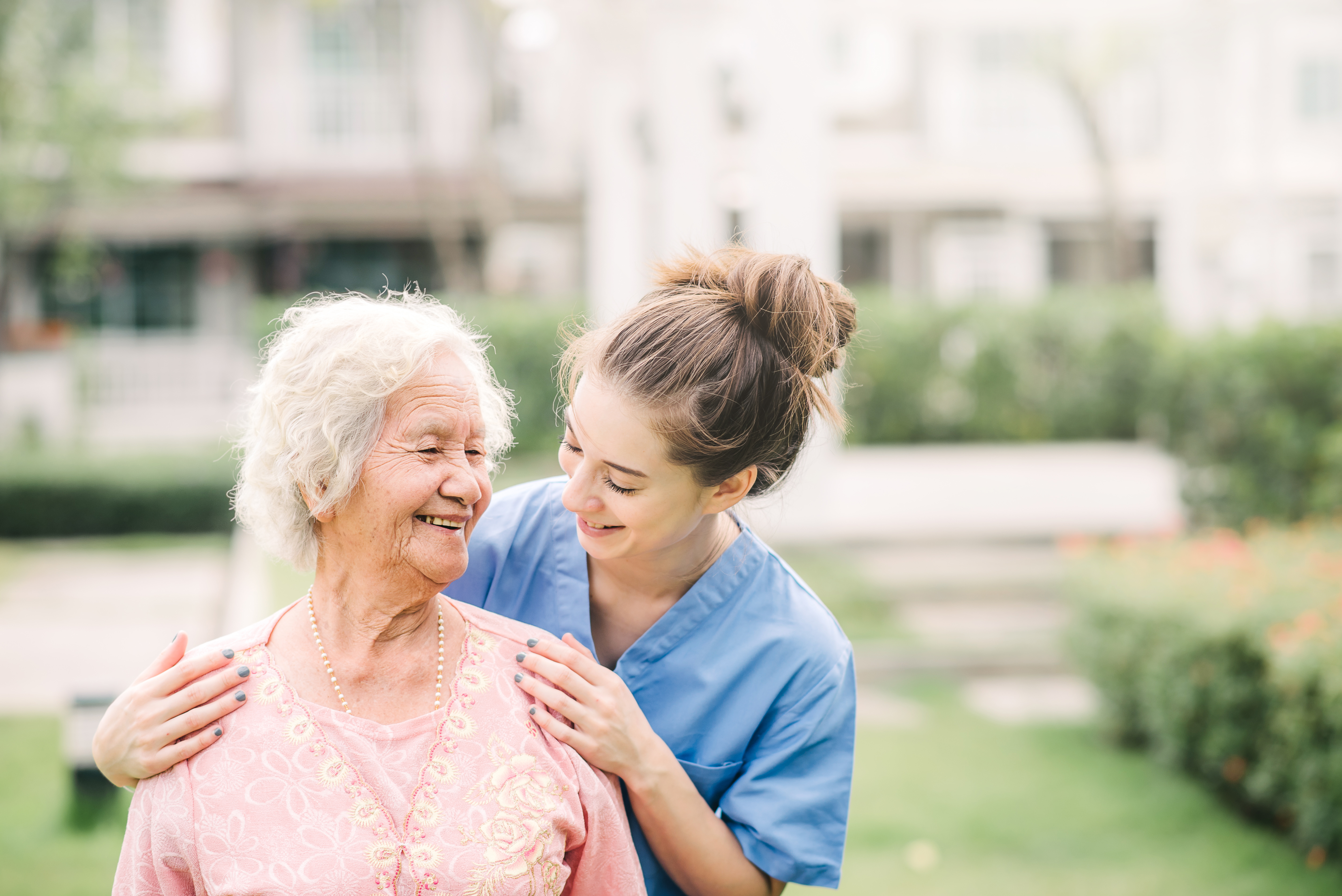Not only do those with respiratory diseases suffer from difficulties breathing, but they can suffer from lower levels of oxygen in the body. These lower levels can affect energy, strength, and lead to dizziness and/or lightheadedness. These symptoms can lead to fainting and falling if low oxygen levels are not corrected.
For many seniors with respiratory diseases, there is a high risk of losing balance, falling or fainting compared to those who are healthy. As many respiratory diseases (COPD, chronic bronchitis, etc.) are often diagnosed at an older age, losing balance, falling, or fainting can be extremely dangerous.
It is important for seniors with respiratory diseases to understand their risk and do what they can to prevent and prepare for a fall.
Falling Risk
As we age, our bones become more fragile and we are at a higher risk of falling. This risk increases for those with respiratory diseases.
The main way that a fall risk is increased for those with respiratory diseases is due to the low level of oxygen in the body. When there are low levels of oxygen in the body, the brain and other major organs also receive less oxygen.
With low levels of oxygen in the brain, it can cause impairment, which can lead to a fall. If you notice frequent dizziness or lightheadedness, speak with your doctor about supplemental oxygen.
Respiratory diseases, such as COPD, can also affect muscle strength, leading to weaker muscles in the arms and legs.
Preventing & Preparing for a Fall
Though many believe they won’t fall, everyone does at some point in their lifetime, young or old. To prevent a fall, your home should be clear of clutter on the floor, and there should not be any slippery surfaces, such as smooth tile.
After the floor is clean, always wear appropriate shoes (no heels, flip flips or non-gripped slippers) or socks that have grips on the bottom of them.
Rugs (with grip) are good in hallways with smooth wood, and carpeted rooms are also ideal. Rugs in the bathroom should have grips on the bottom to prevent slipping from under you, and bathmats should be in your bathtub so you don’t slip while showering.
When preparing for a fall, you may want to look into a plan with your family or friends to put in place if you don’t answer your phone. If you are far away from family and friends, you may want to consider Caring Senior Service. Our professional caregivers can help you remain safe at home. Plus, we provide a 43-point Home Safety Assessment to help identify potential fall risks in your home.
Conclusion
Many respiratory diseases can lead to low oxygen levels and falling, but there are some things you can do to prevent and prepare for a fall.
Make sure your home is “fall-proof” by removing all hazards on the floor and consider hiring a service to come check on you and evaluate the safety of your home.
Speak with your doctor about any lightheadedness or dizziness to determine if you need supplemental oxygen. If you do need supplemental oxygen, companies such as 1st Class Medical can provide you or a loved one with the needed oxygen.
You don’t have to stop living independently because of your health, there are things and people that can help you continue to live on your own.


